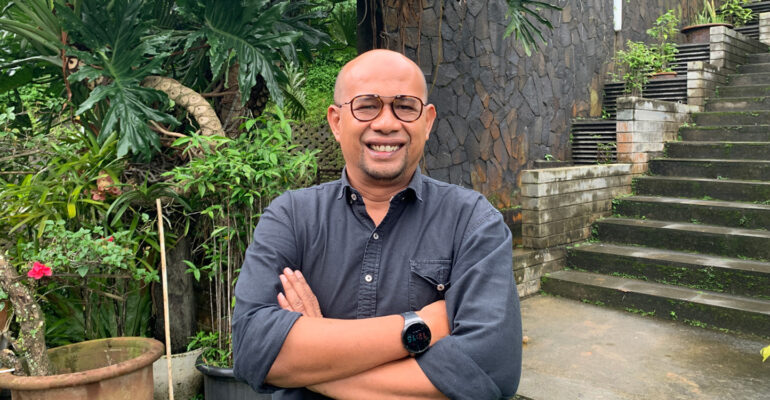Alternative to Garuda School, IPB University Expert Proposes “Garuda Class”, What’s the Difference?

The discourse on establishing Garuda School as an elite educational institution for Indonesia’s top students has sparked various responses from academics and education observers.
Although the goal is noble, to prepare a smart generation capable of competing in the world’s best universities several important notes have been raised.
Prof Sofyan Sjaf, an expert in Rural Sociology at IPB University, stated that the concept of Garuda School is indeed interesting. It is designed to accommodate the nation’s best children with above-average intellectual capacity.
“However, the establishment of this school cannot be separated from significant challenges, both in terms of institutional, infrastructure, and state budget aspects,” said Prof Sofyan.
According to him, establishing a new institution like Garuda School requires an adaptation process, organizational structure formation, and physical infrastructure development. This would undoubtedly drain the state’s energy and finances, especially amid the current spirit of budget efficiency.
As an alternative, Prof Sofyan proposed a more efficient approach by creating “Garuda Classes” in existing elite schools.
“We already have many public and private schools with high academic reputations. These schools could serve as the basis for Garuda Classes with thematic adjustments,” he added.
The Garuda Class model proposed by Prof Sofyan is a national selection system based on interests and talents, which then filters students according to their academic strengths, such as math, physics, biology, or social sciences. Selected students will be placed in schools that already excel in these fields, without having to build new schools.
“Rather than establishing a new institution, it would be more efficient for the state to collaborate with existing schools. Infrastructure wouldn’t need to be built from scratch, it could simply be upgraded, such as laboratories or other specialized facilities,” he explained.
Most importantly, Prof Sofyan emphasized that access to elite education should not be limited to the upper economic class.
“We must ensure that children from lower-class families also have equal opportunities through a fair and transparent selection process,” he said.
In this regard, he also mentioned the “Sekolah Rakyat” (People’s School) program aimed at children from extremely poor families. According to him, this program is crucial and must be supported by an accurate data system to ensure it reaches the right targets.
“The principle is that both Garuda School and Sekolah Rakyat are equally important. The difference lies in the student segments,” said Prof Sofyan.
Garuda School is intended for children with outstanding intellectual capacity, while Sekolah Rakyat ensures the educational rights of the extremely poor, as mandated by Article 31 of the 1945 Constitution.
“With a strict, transparent, and nepotism-free selection system, Garuda Class can be a strategic and cost-effective solution to produce Indonesia’s golden generation in the future,” he concluded. (AS) (IAAS/PRP)


